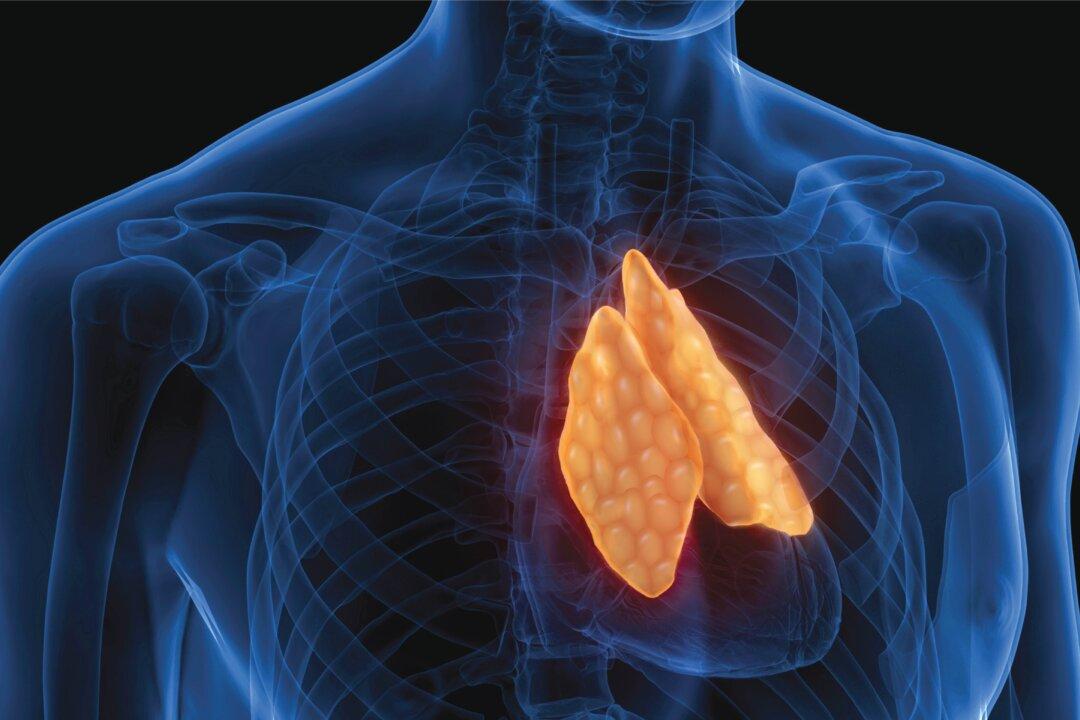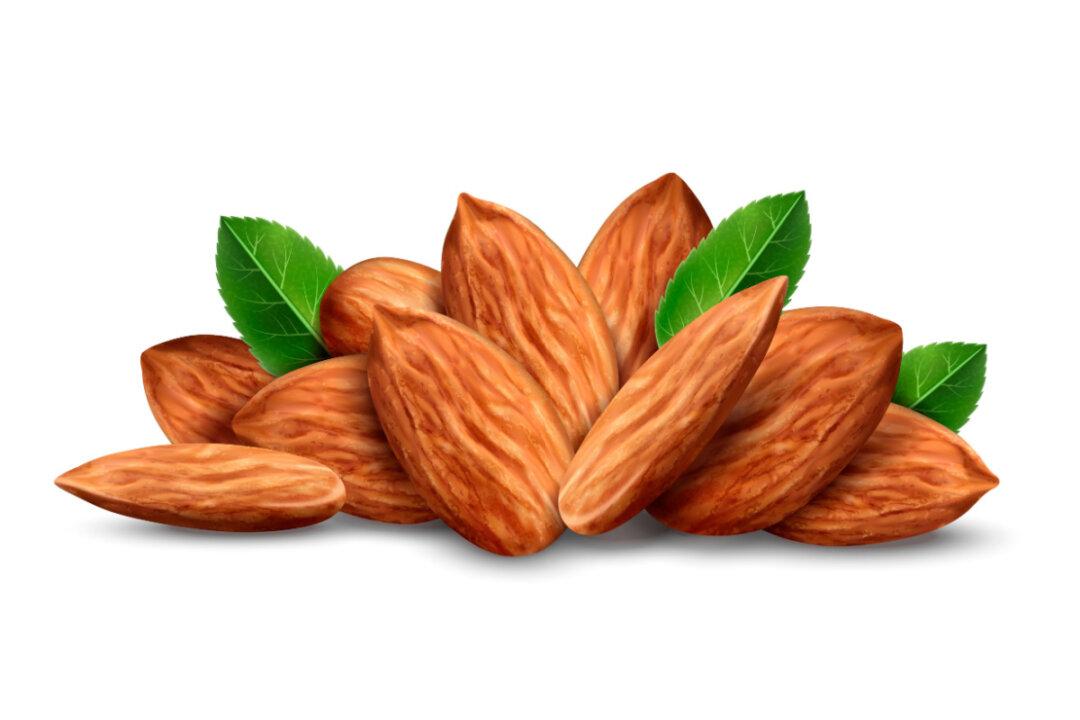Do you experience stomach pain, bloating, constipation, bad breath, or poor digestion? It might not be at the center of your attention if it’s only happened once or twice, but the recurrence of these symptoms may be precursors to heart disease. It’s worth watching out for.
You might ask yourself if this is really such a big deal. However, have you thought that stomach problems are usually linked to irregularities in the gut microbes? Scientists have found that gut microbe irregularities have a complex connection with the functions of multiple internal systems. A paper published in the journal Science reveals that when gut microbes are off balance, your body will produce a metabolite which directly leads to heart disease.





